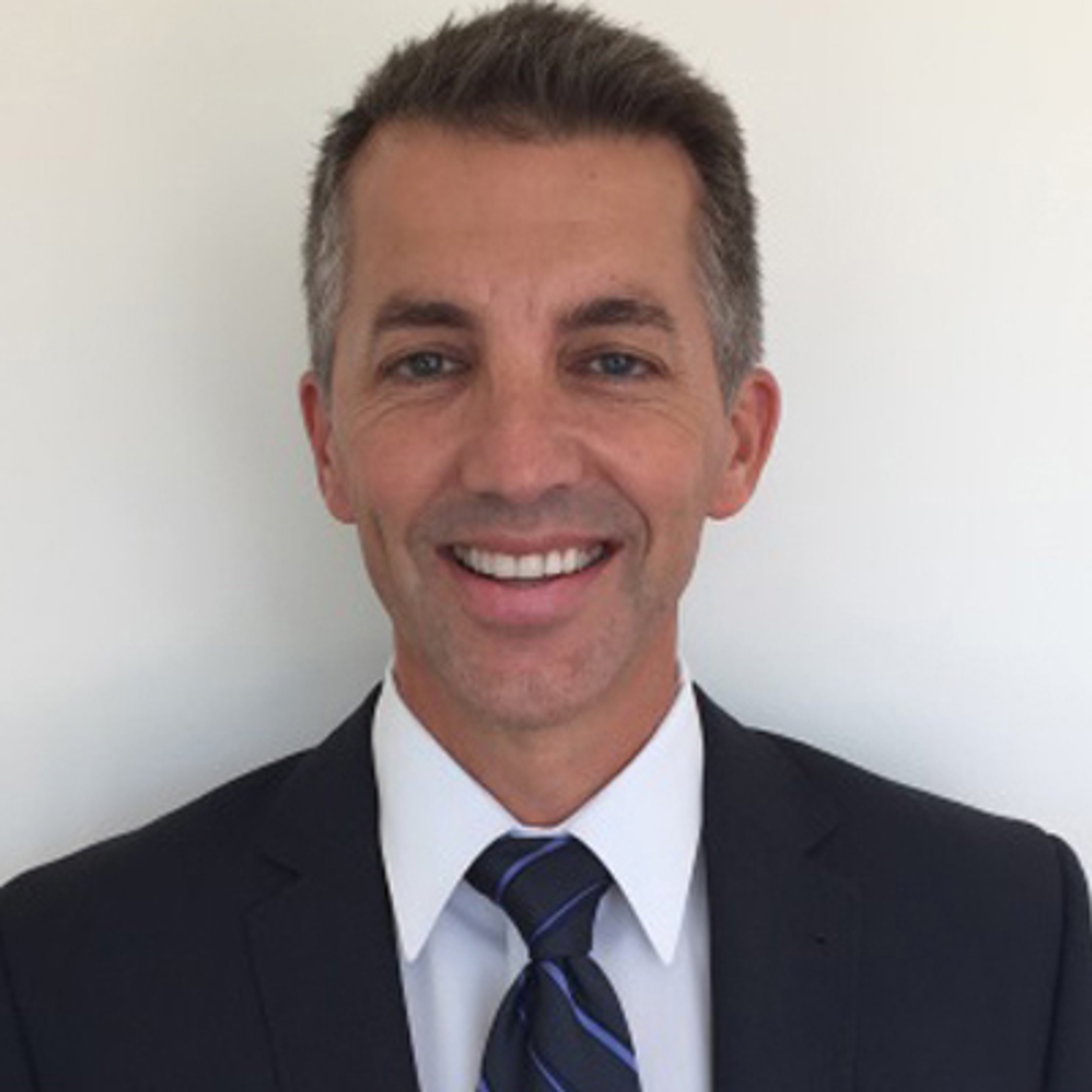Michael J. Hiscox

Michael J. Hiscox will be working on the “Future of Capitalism” Initiative. He plans to spend the year examining the ways businesses are responding to new and growing pressures to do good (by improving environmental and social outcomes) at the same time as they do well (by making profits and increasing shareholder value).
Hiscox is the Clarence Dillon Professor of International Affairs in the department of government, Harvard University. At Harvard he is the founding director of the Sustainability, Transparency, Accountability Research (STAR) Lab and a faculty member of the Behavioral Insights Group at Harvard’s Center for Public Leadership. He is also a faculty associate at the Institute for Quantitative Social Science, the Weatherhead Center for International Affairs, and the Harvard University Center for the Environment. While on leave from Harvard between 2015 and 2017, Hiscox was the founding director of the Behavioral Economics Team (BETA) in the Department of the Prime Minister and Cabinet, Australian Government. He continues to serve as an adviser to BETA. Hiscox is a 2019-20 Berggruen fellow at CASBS.